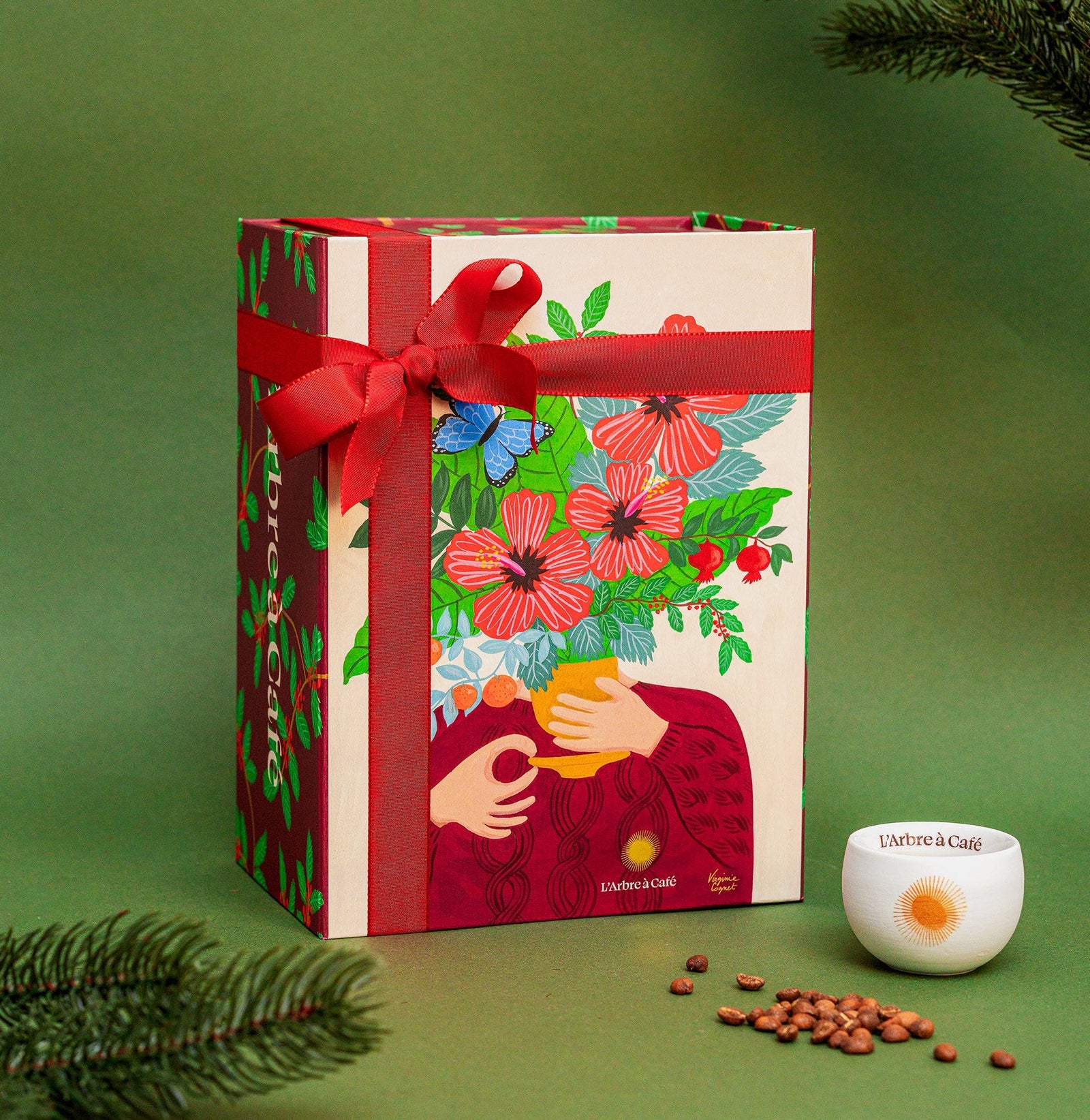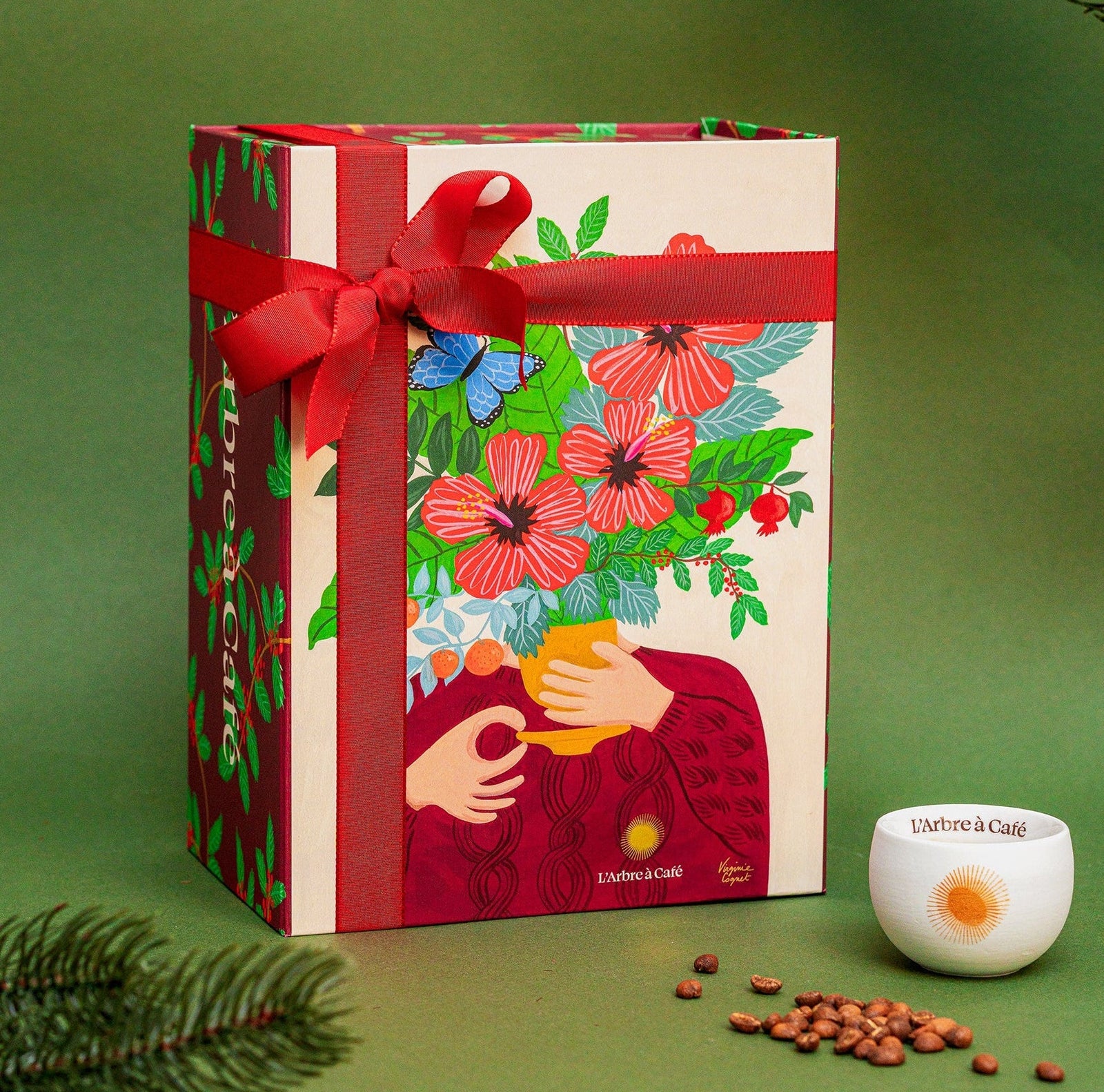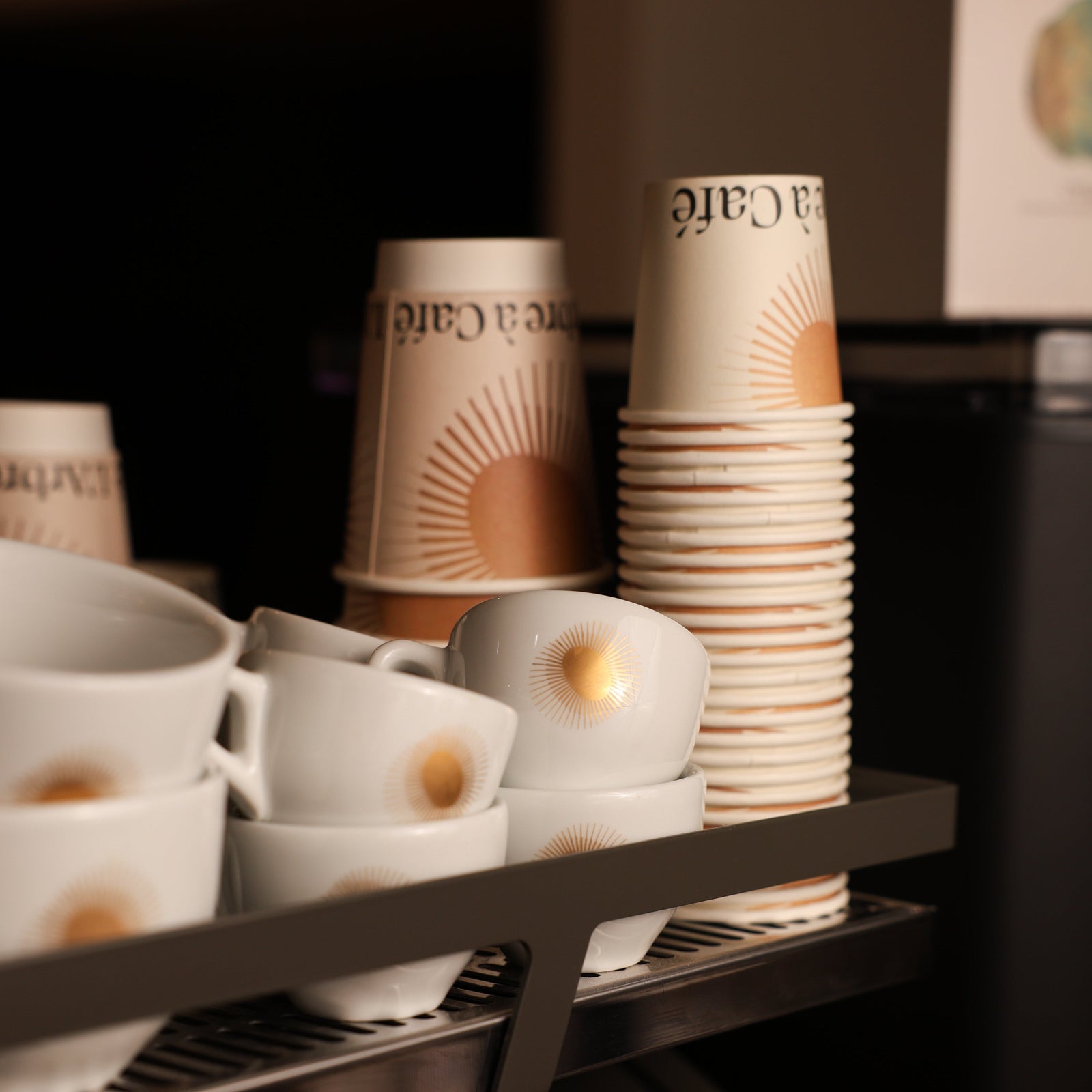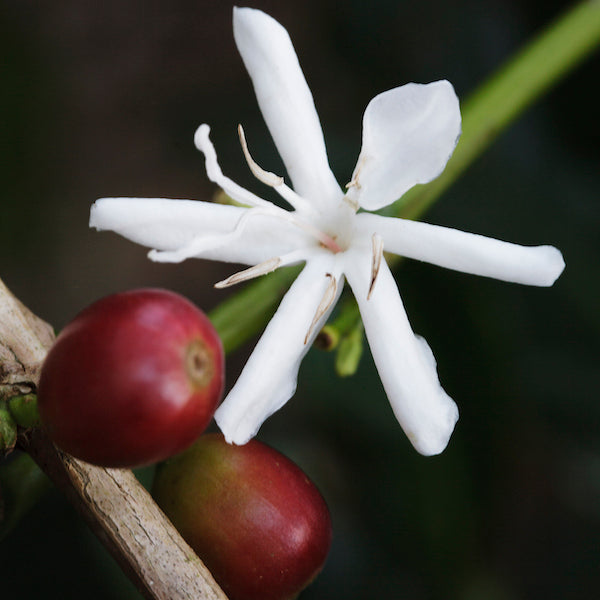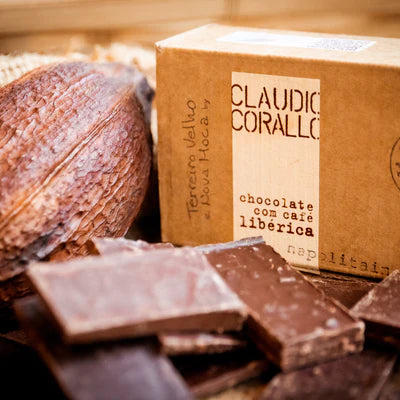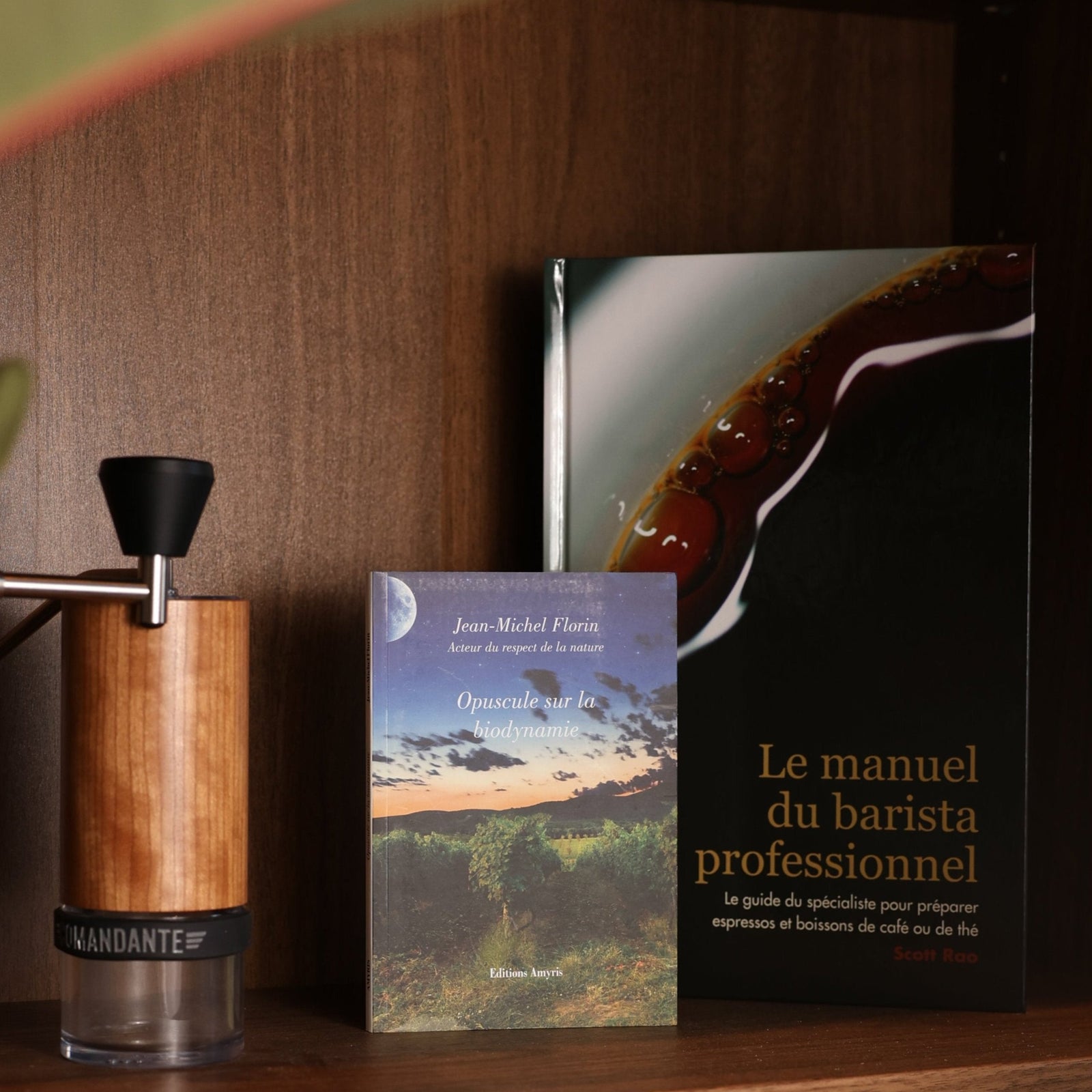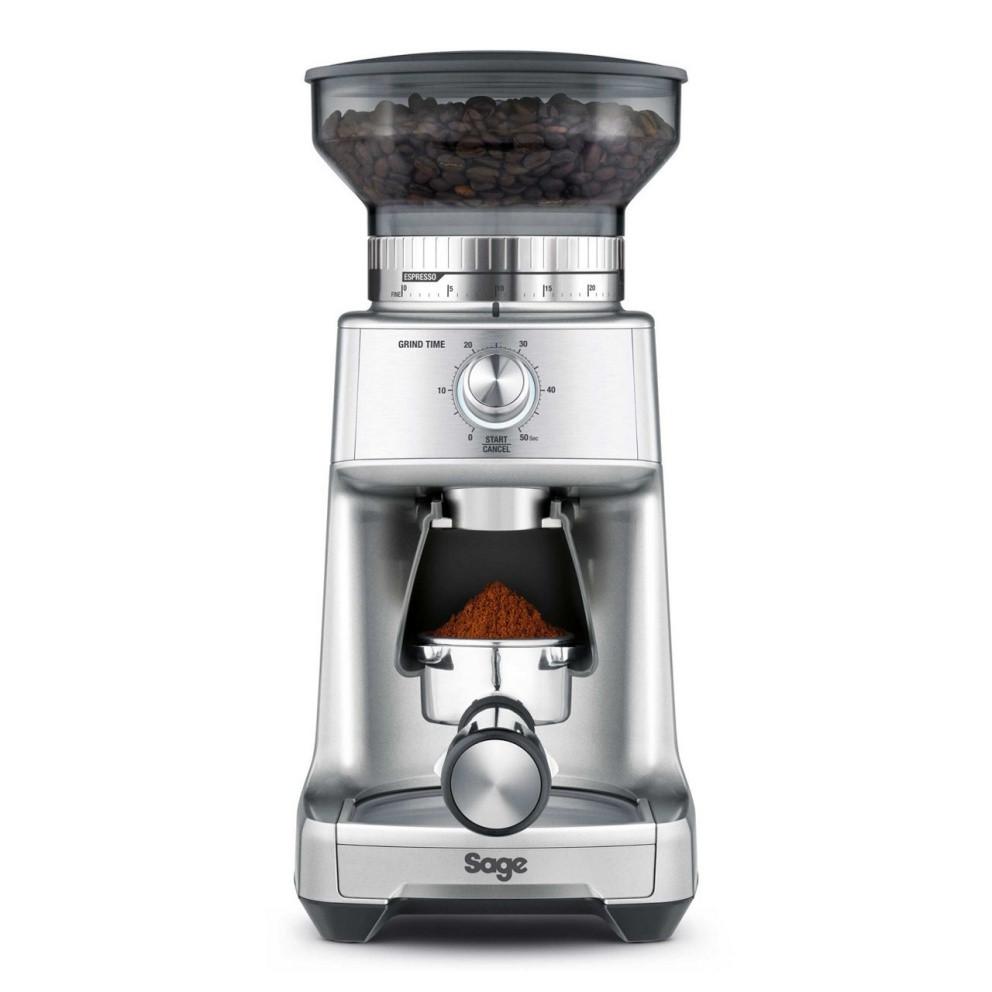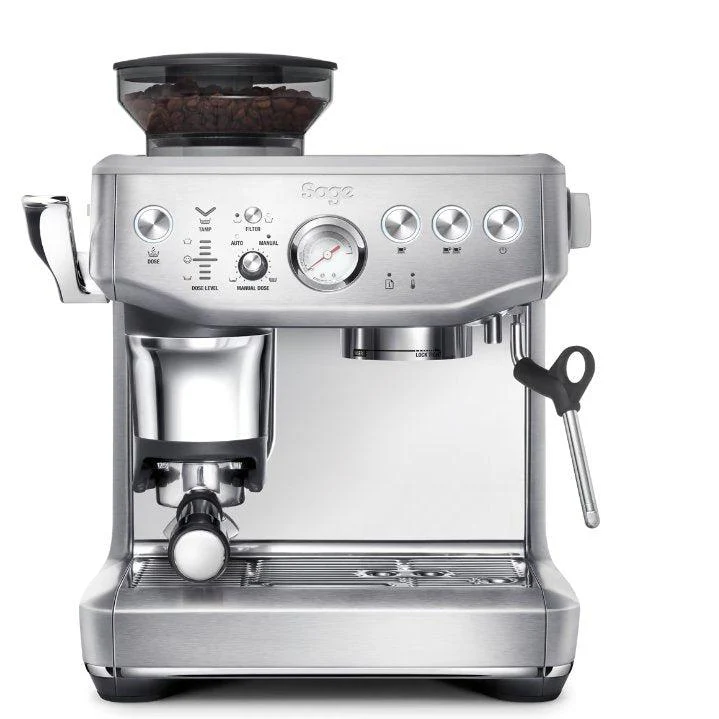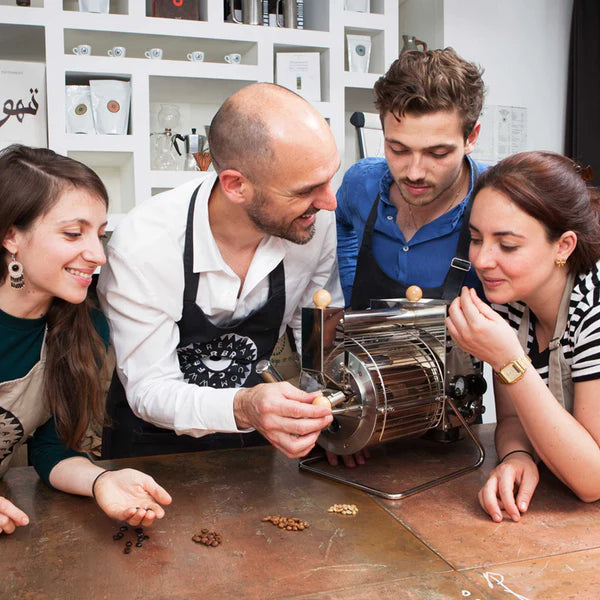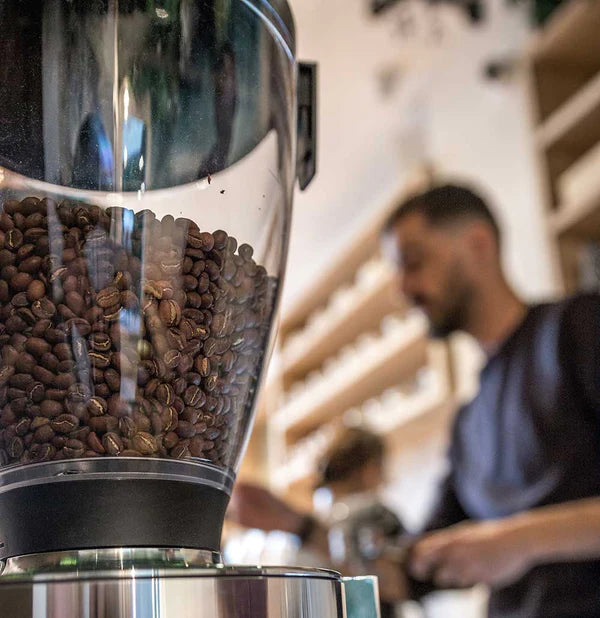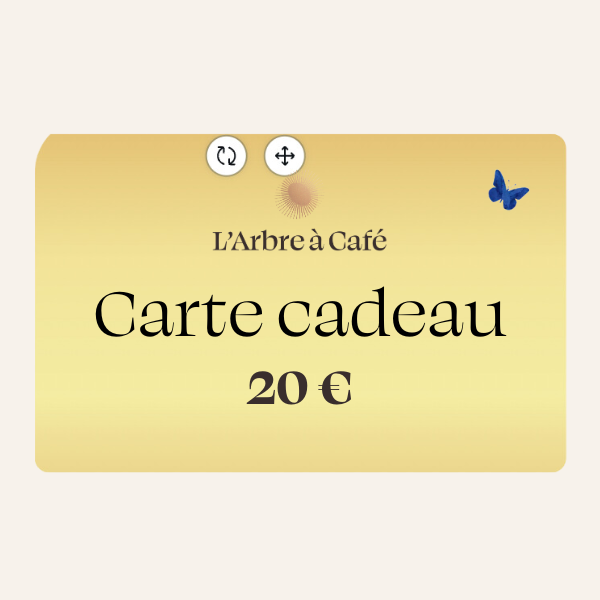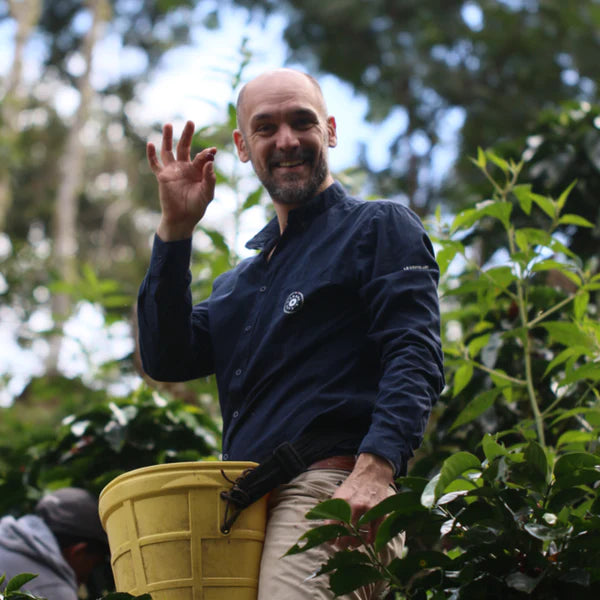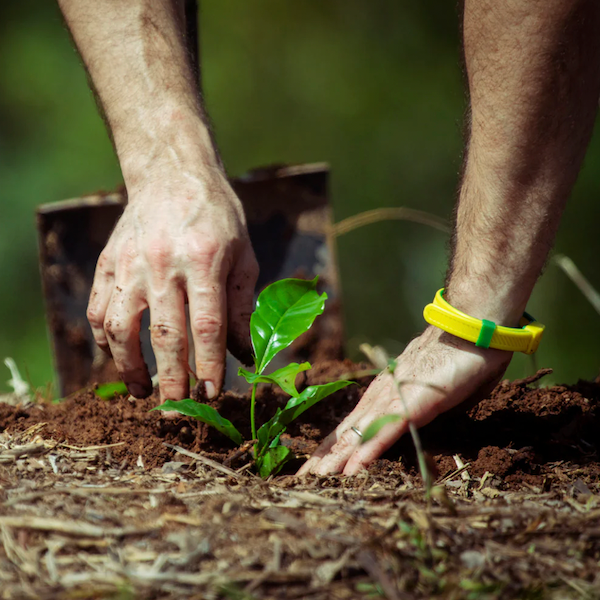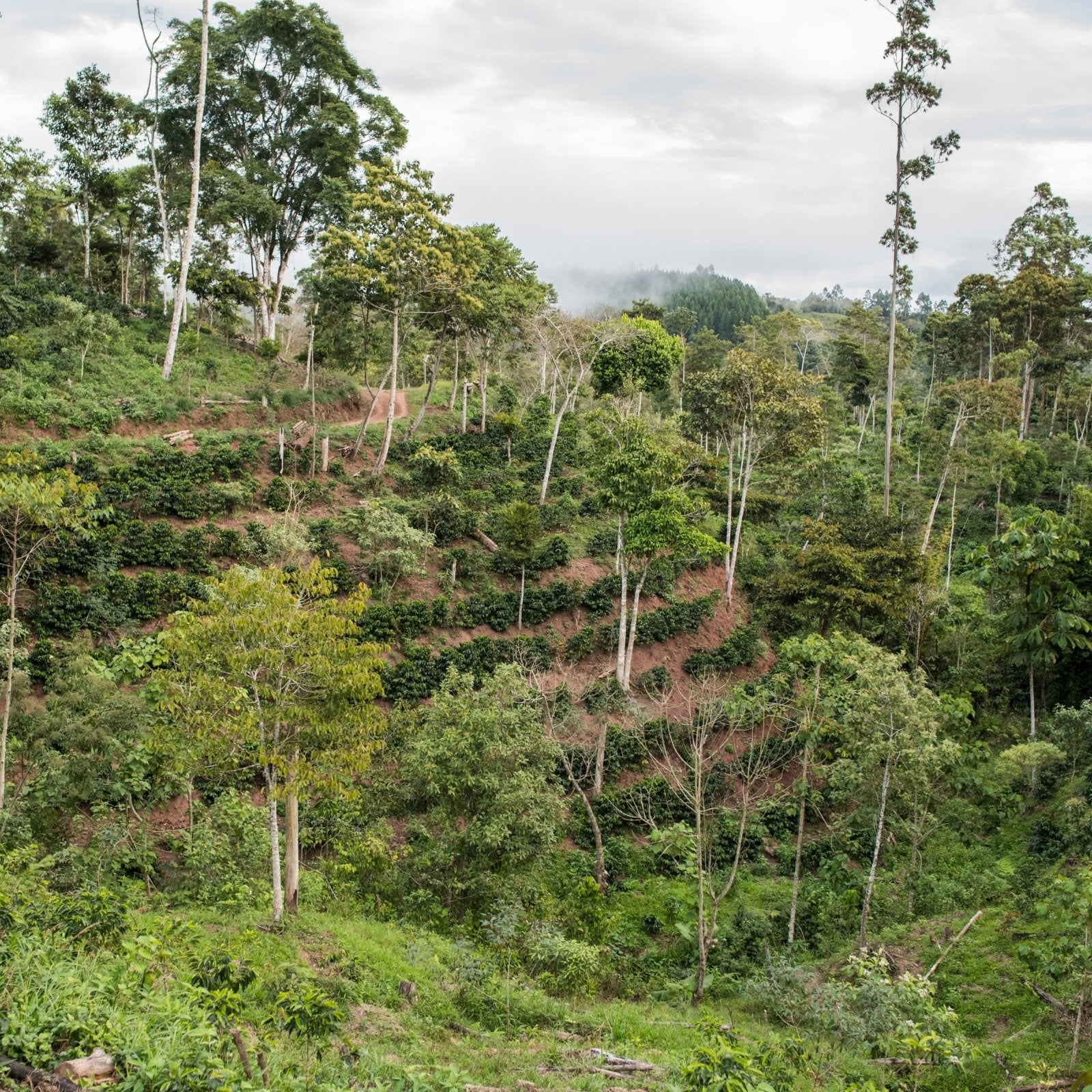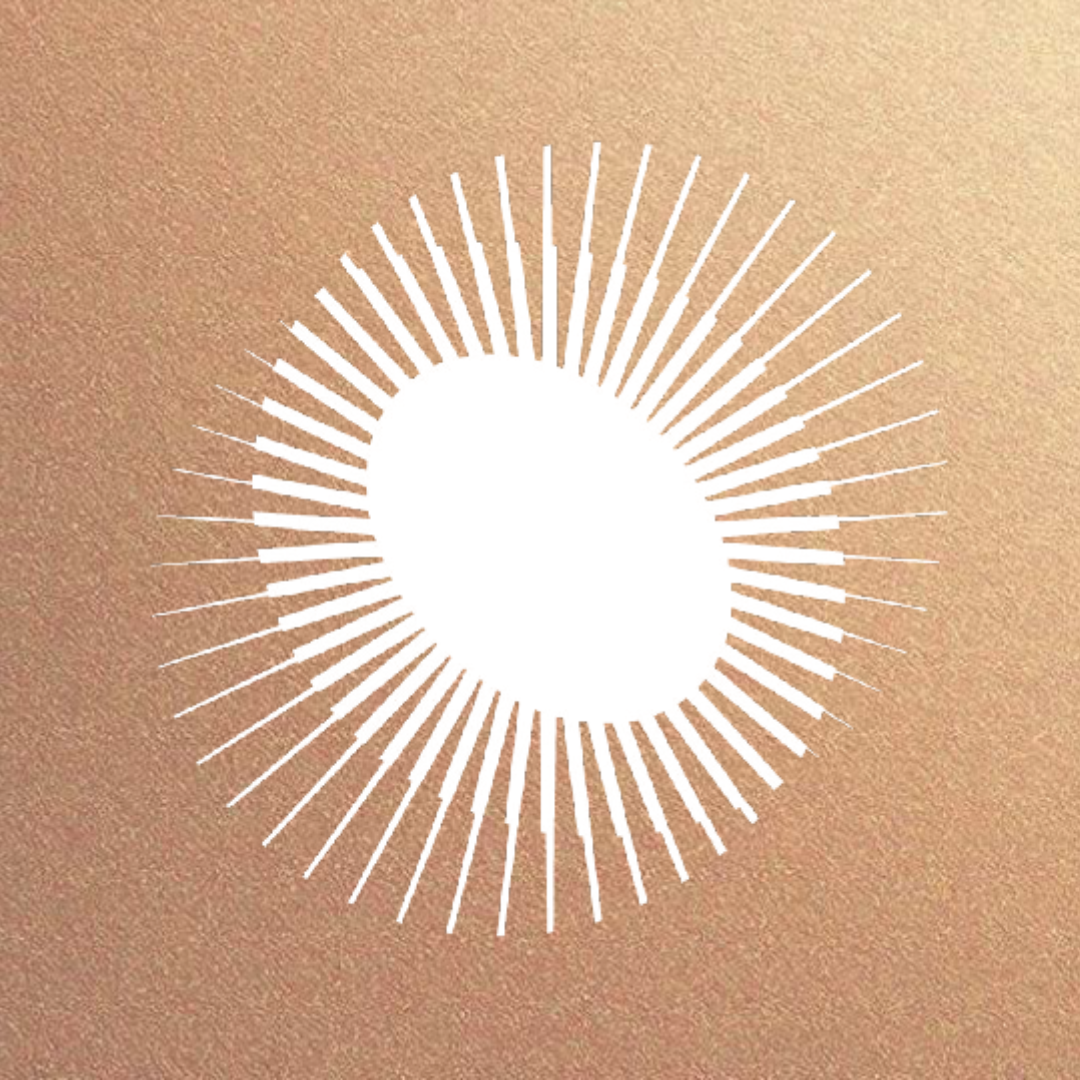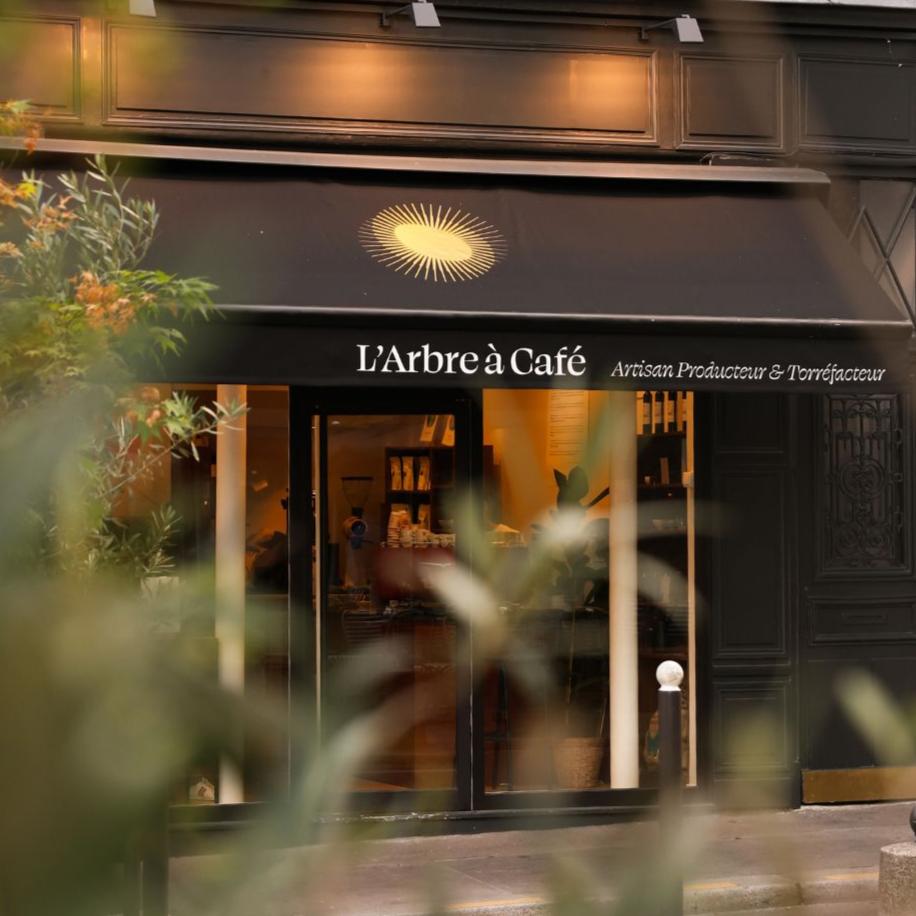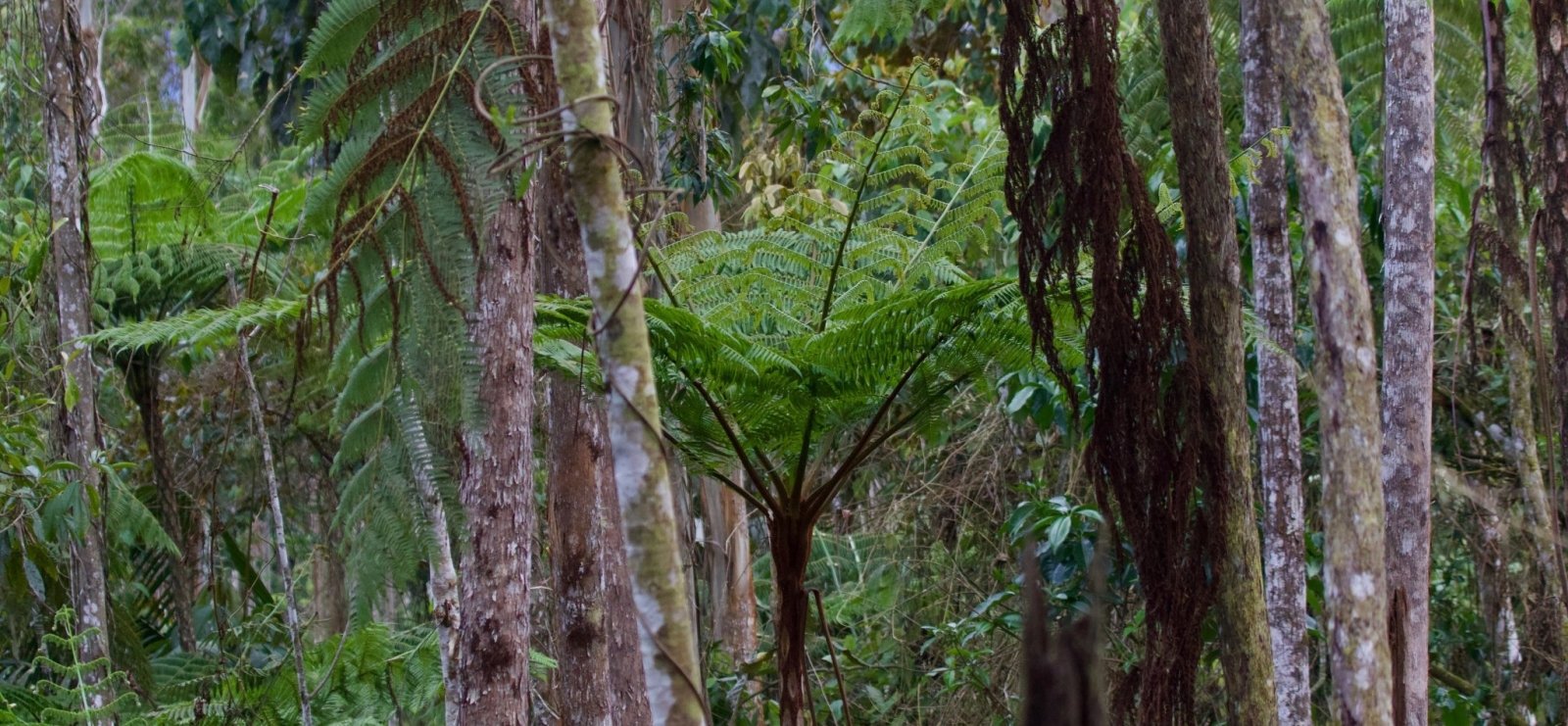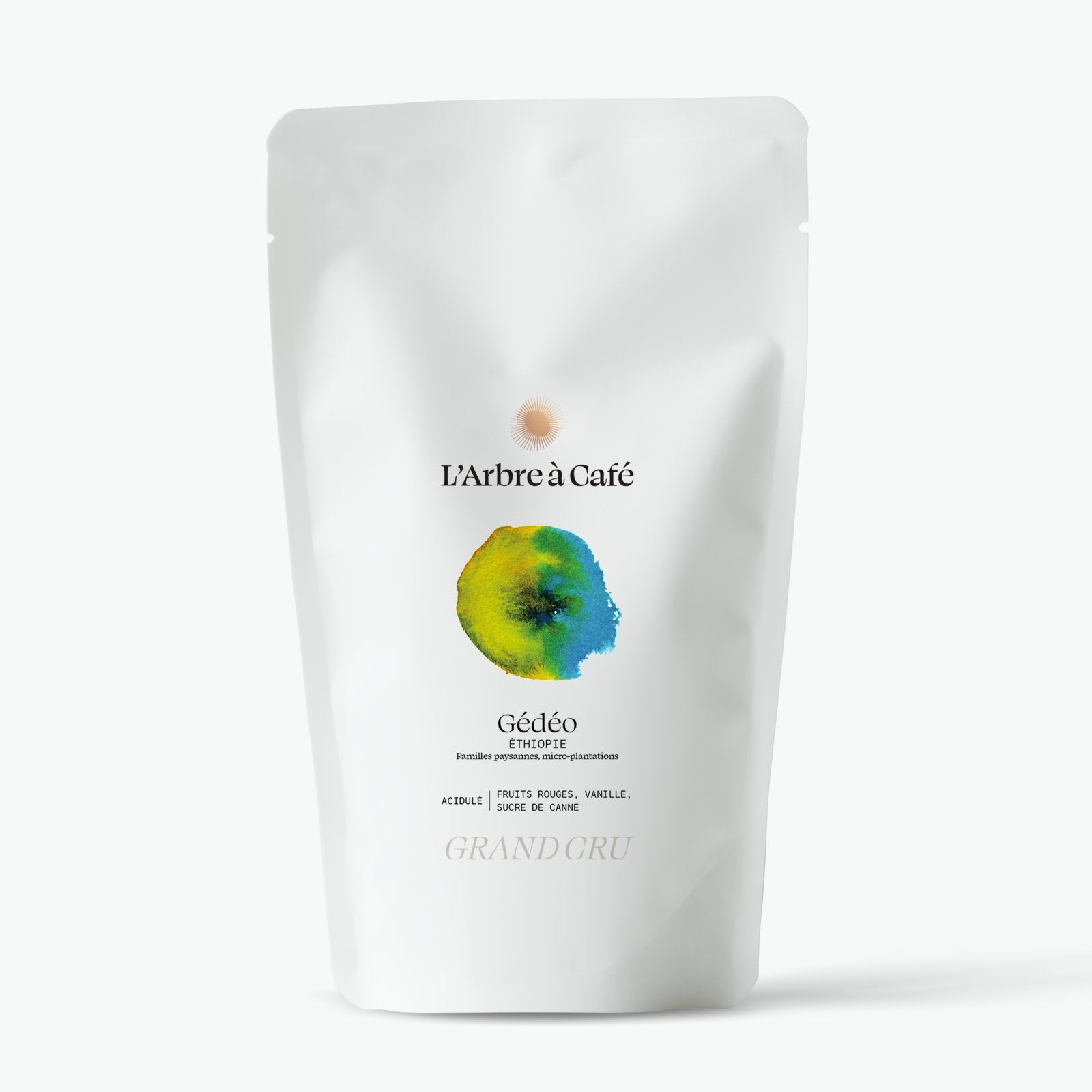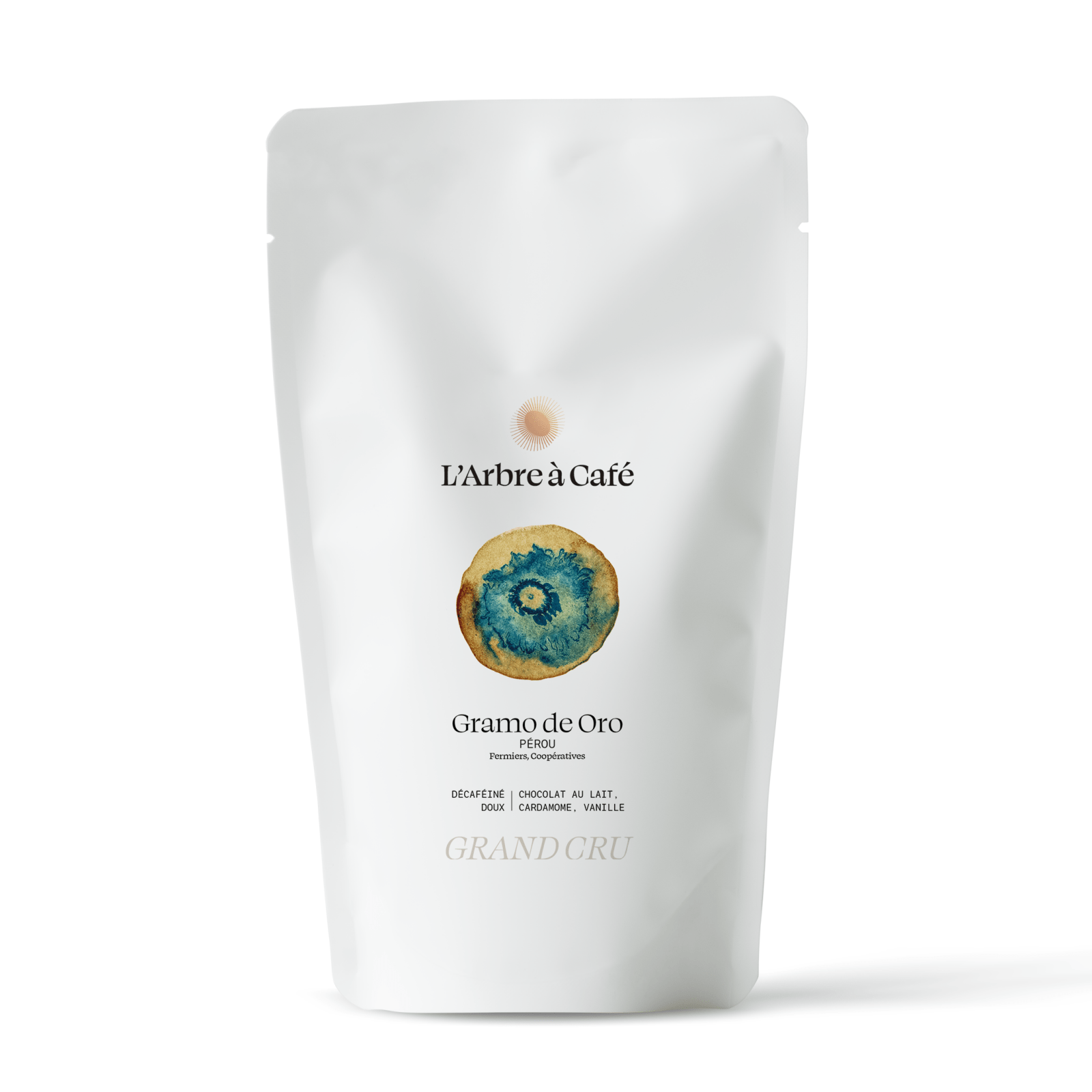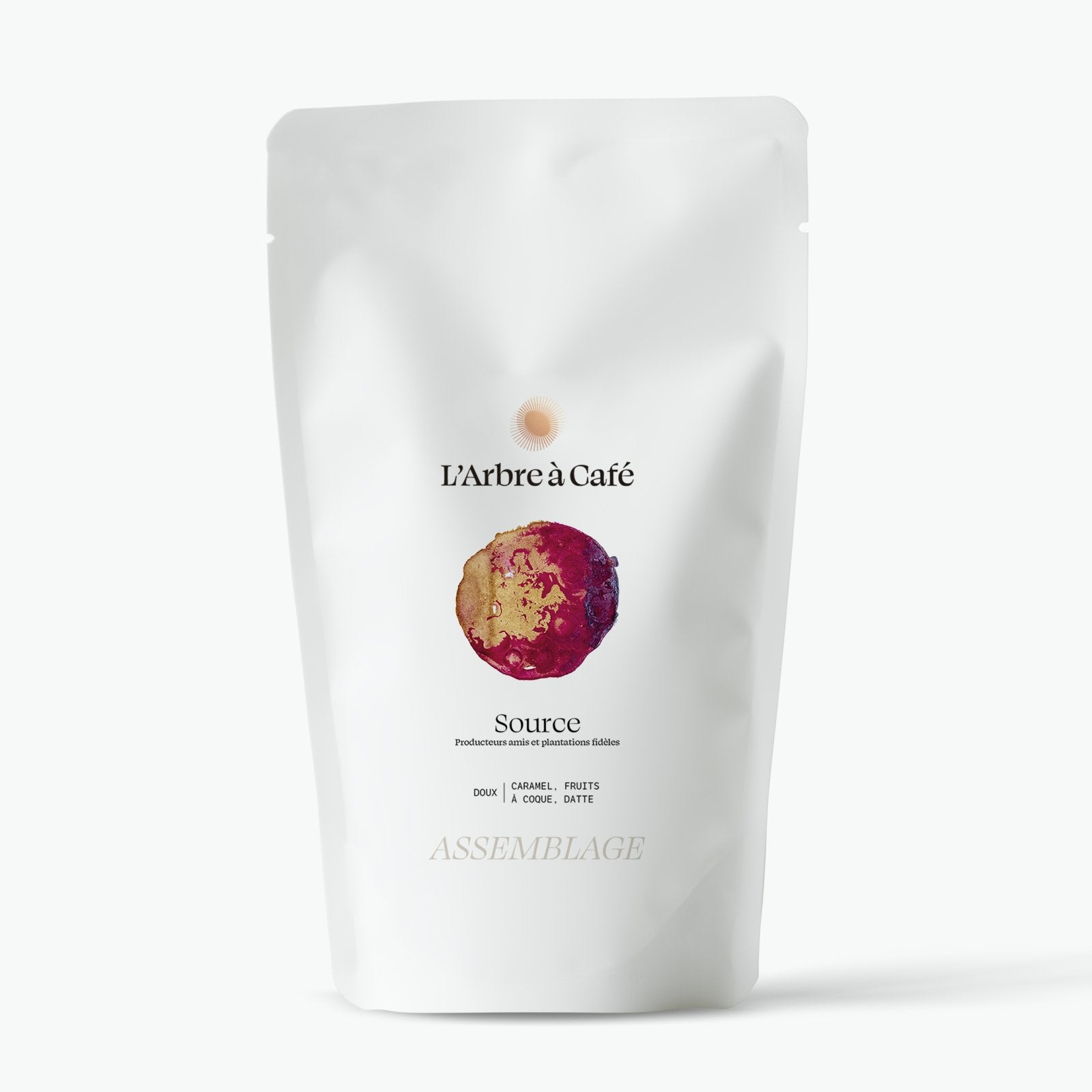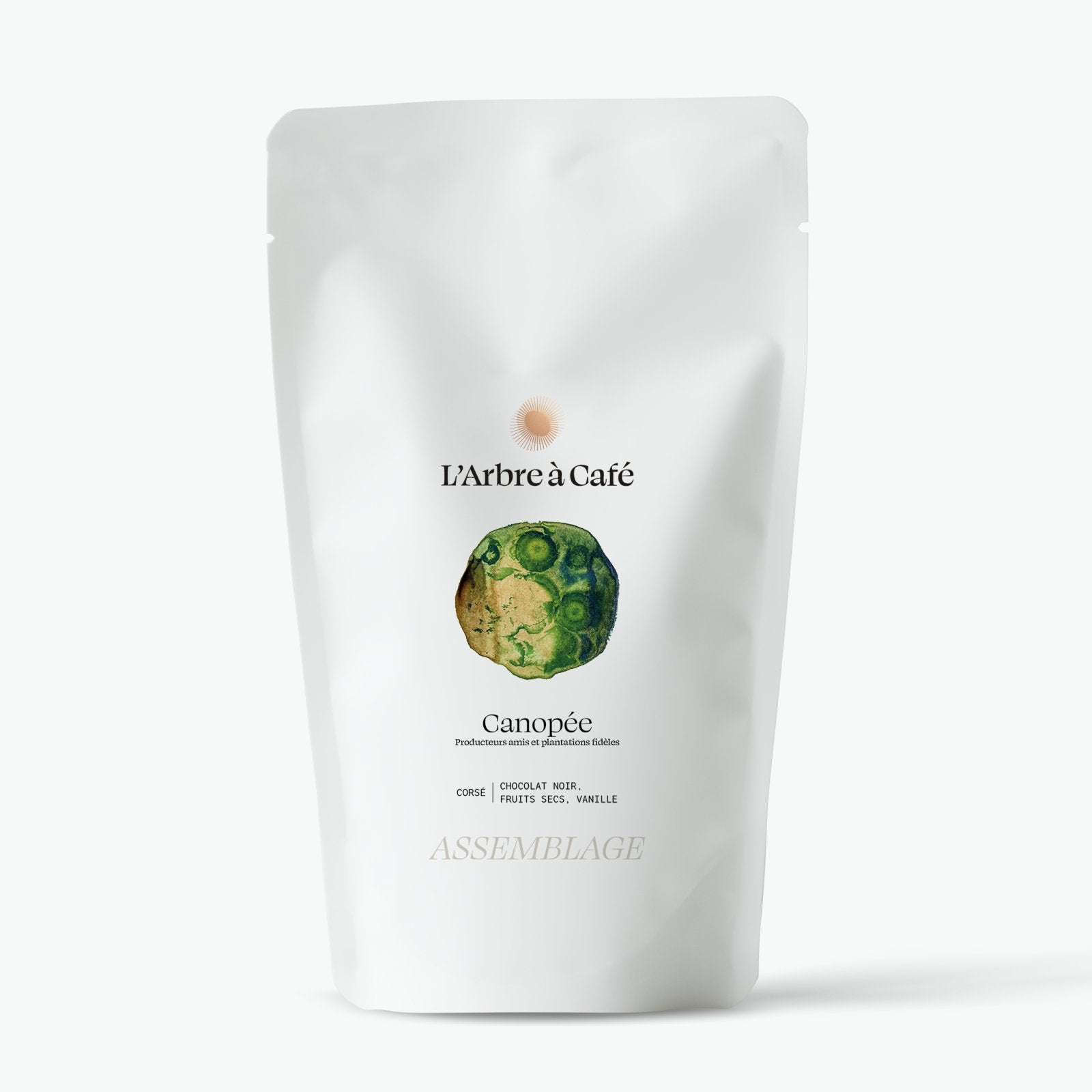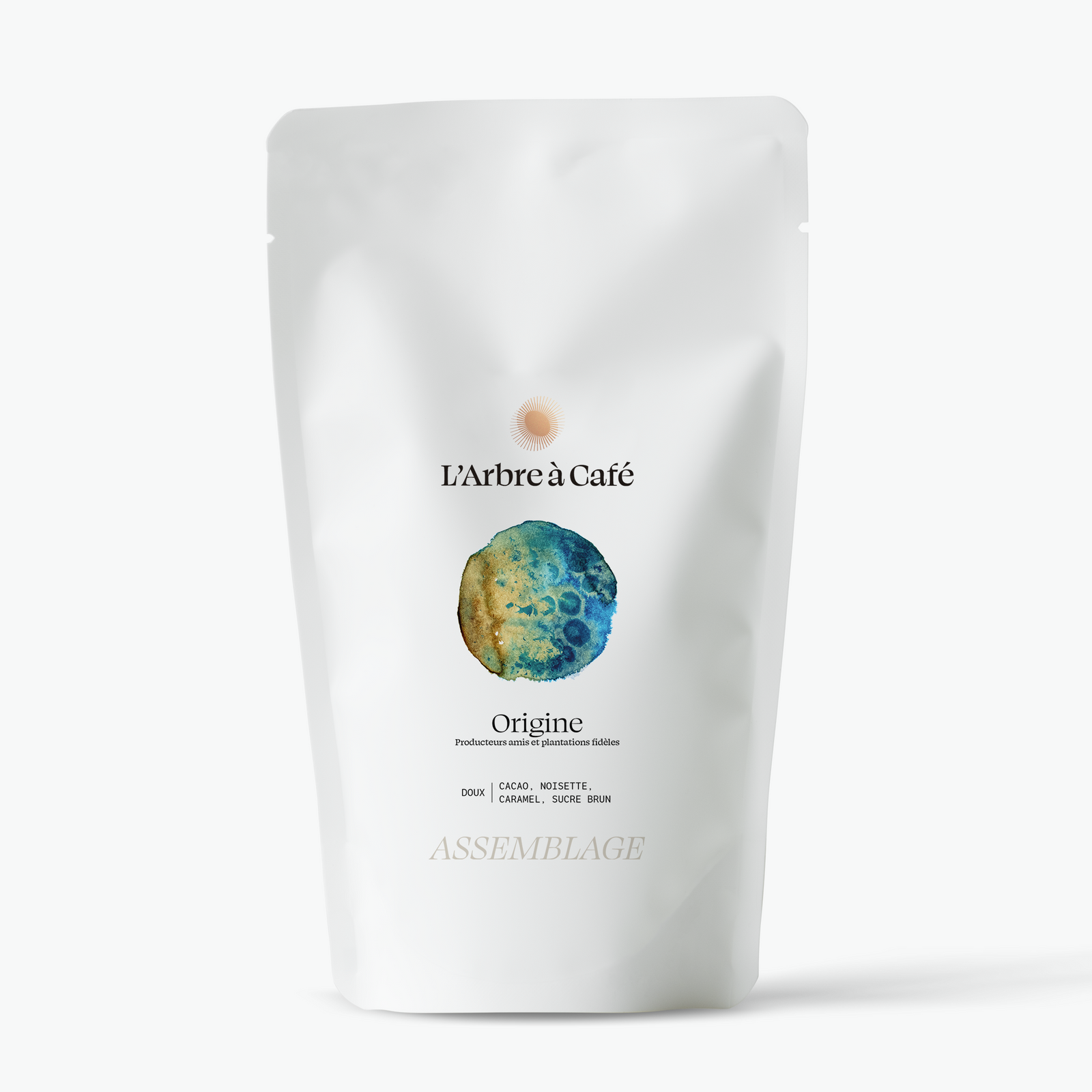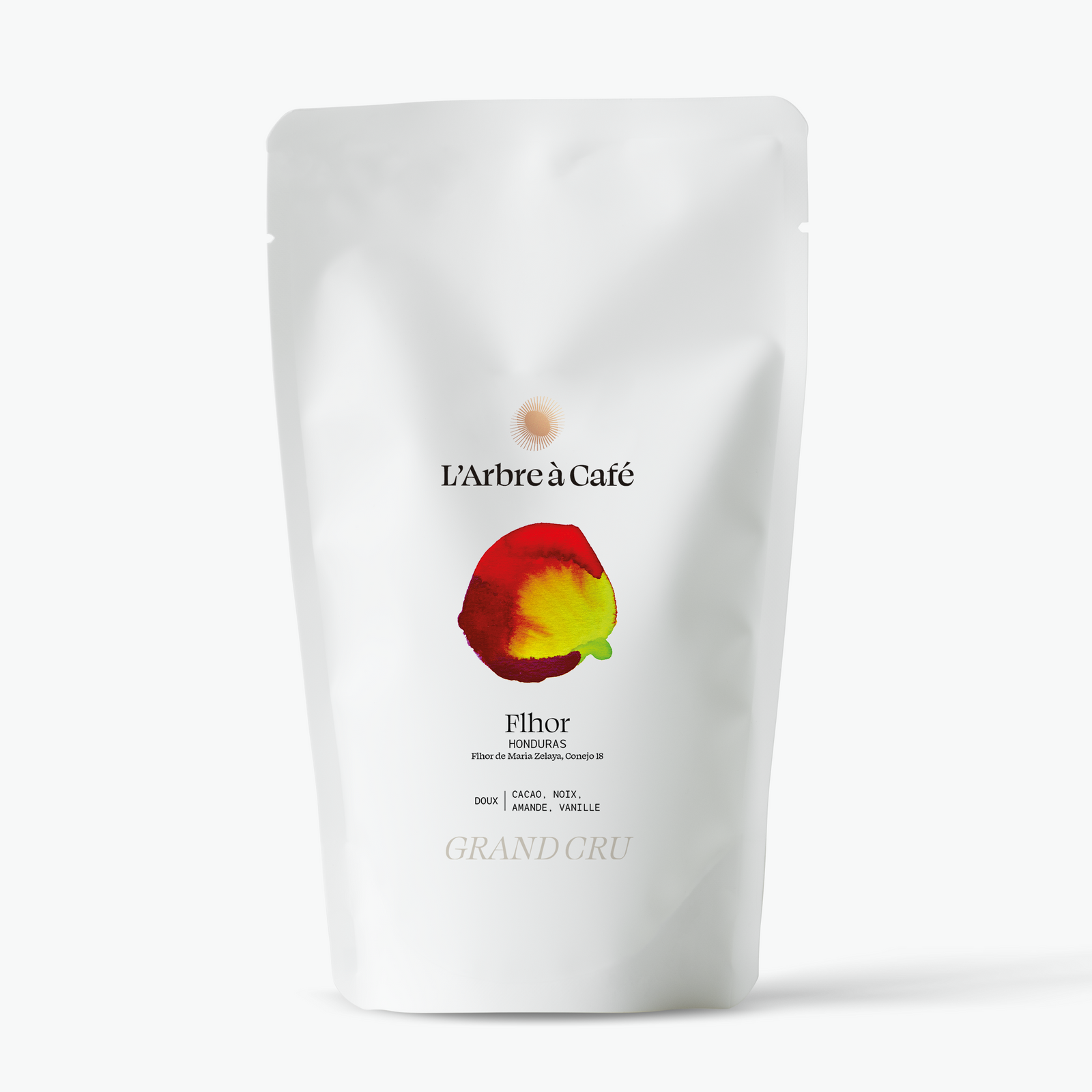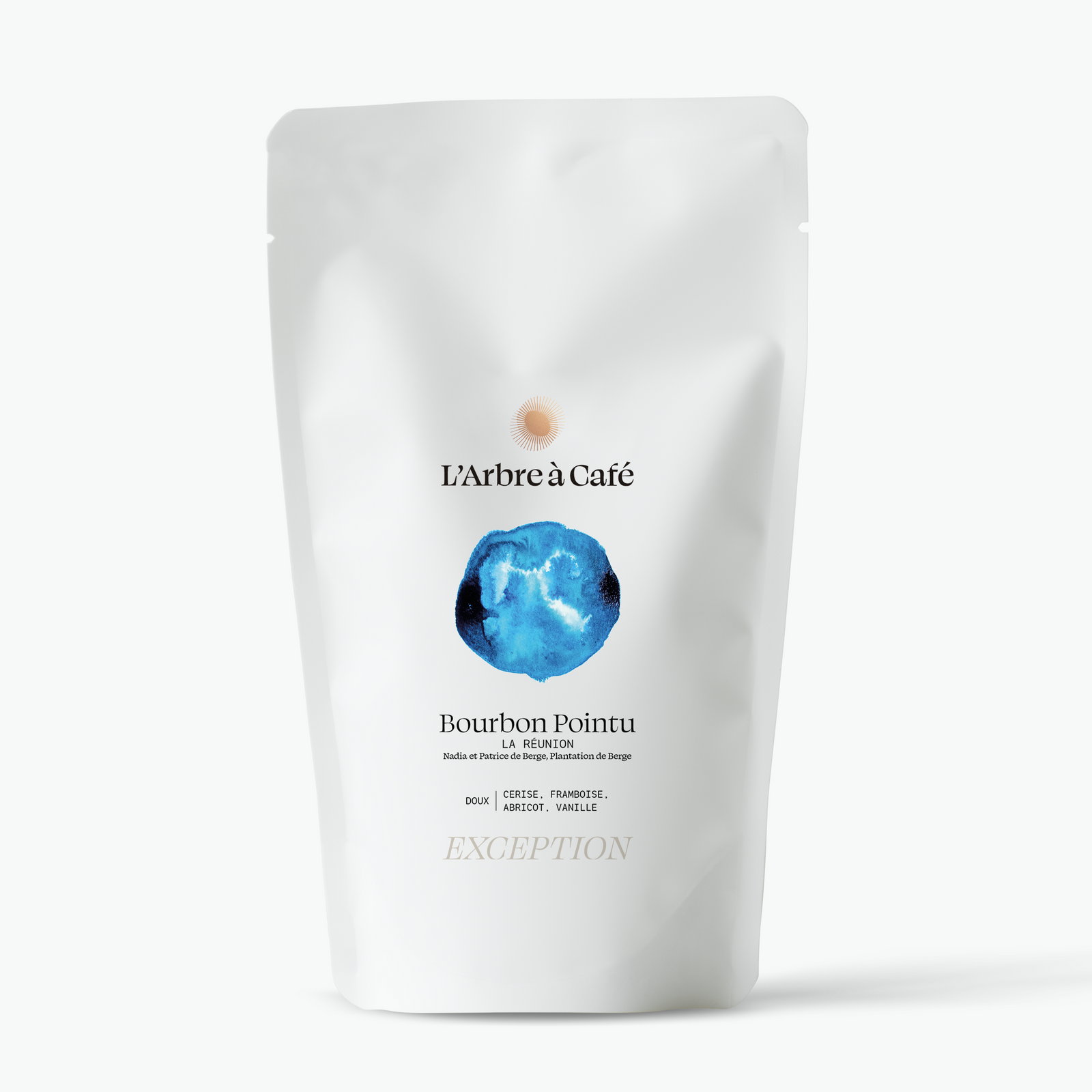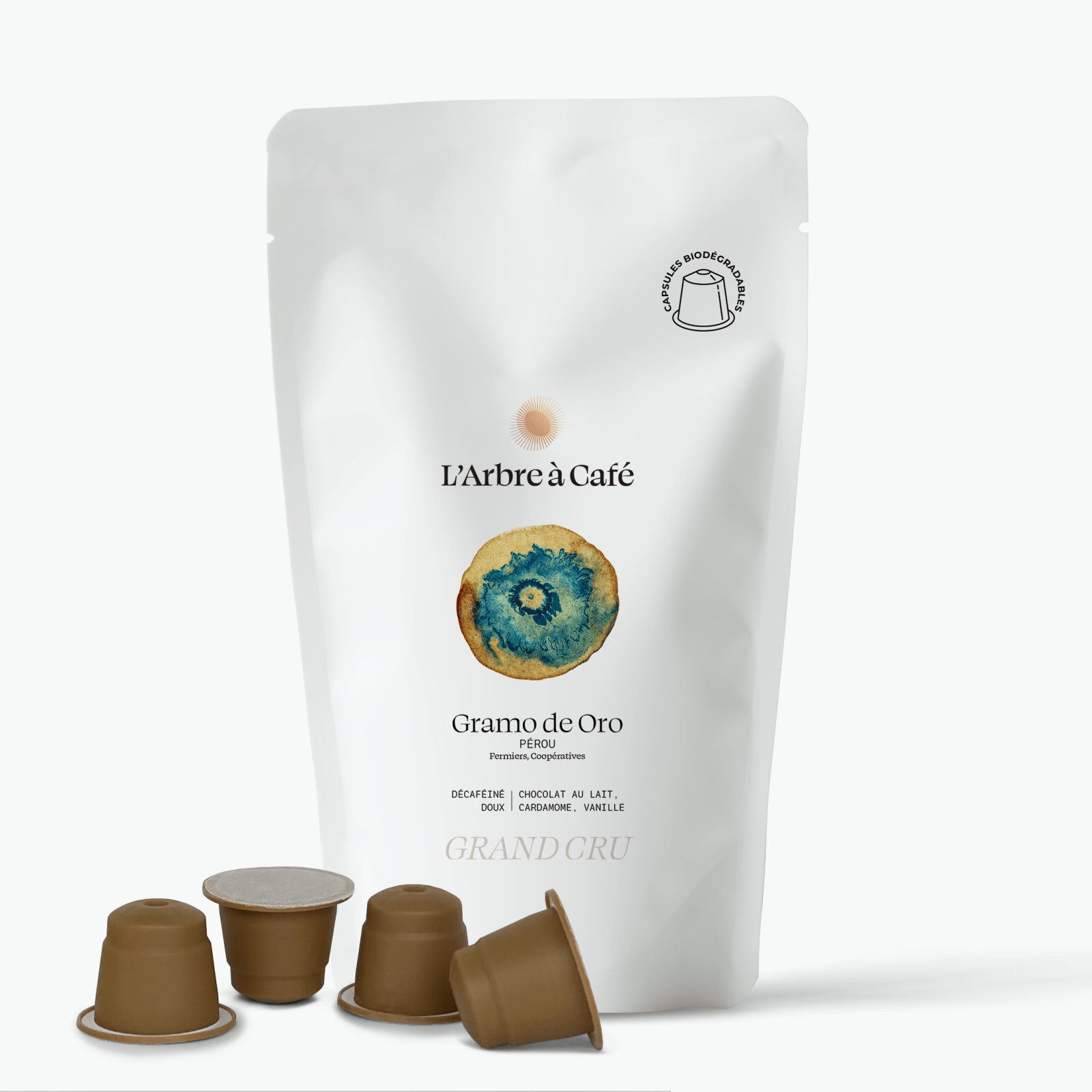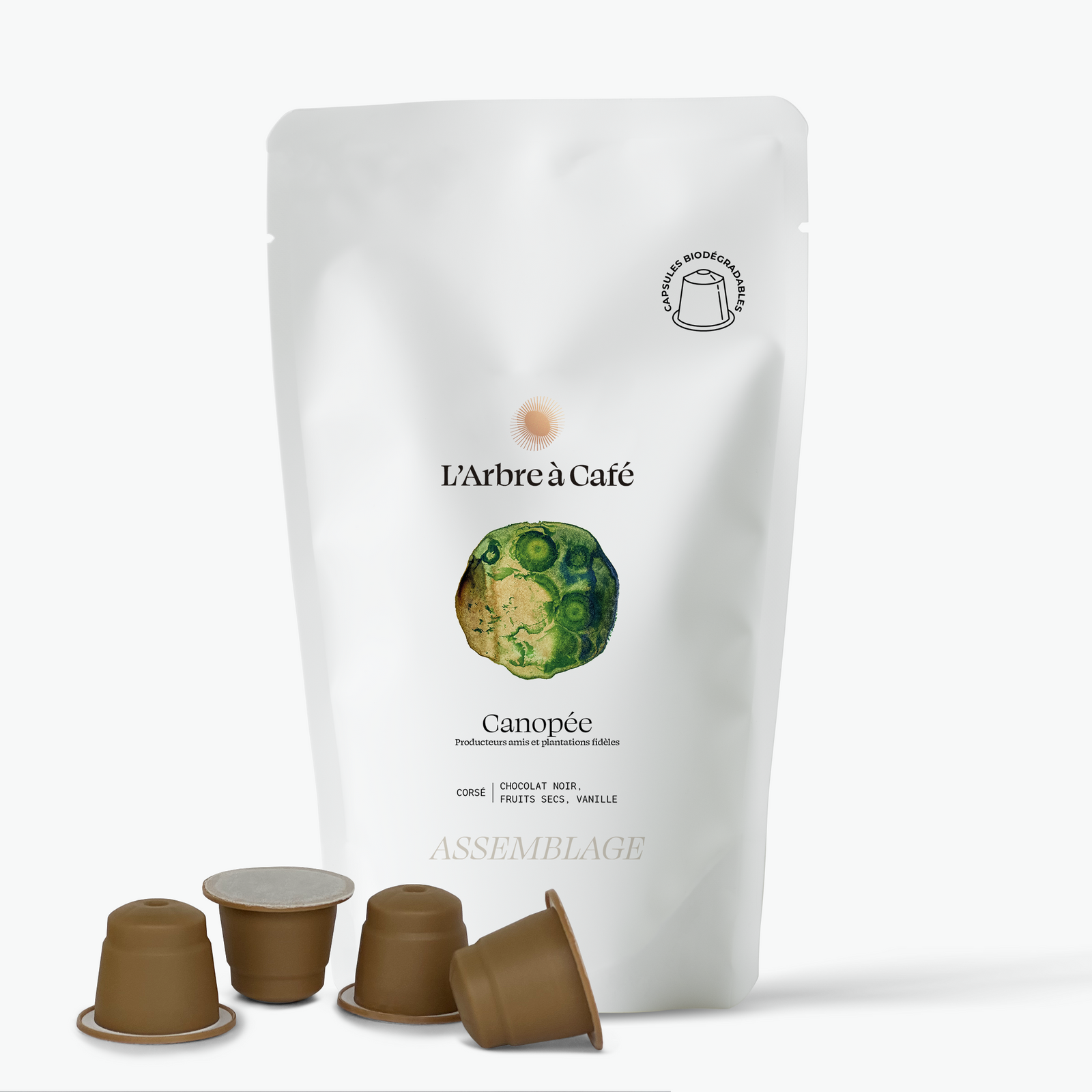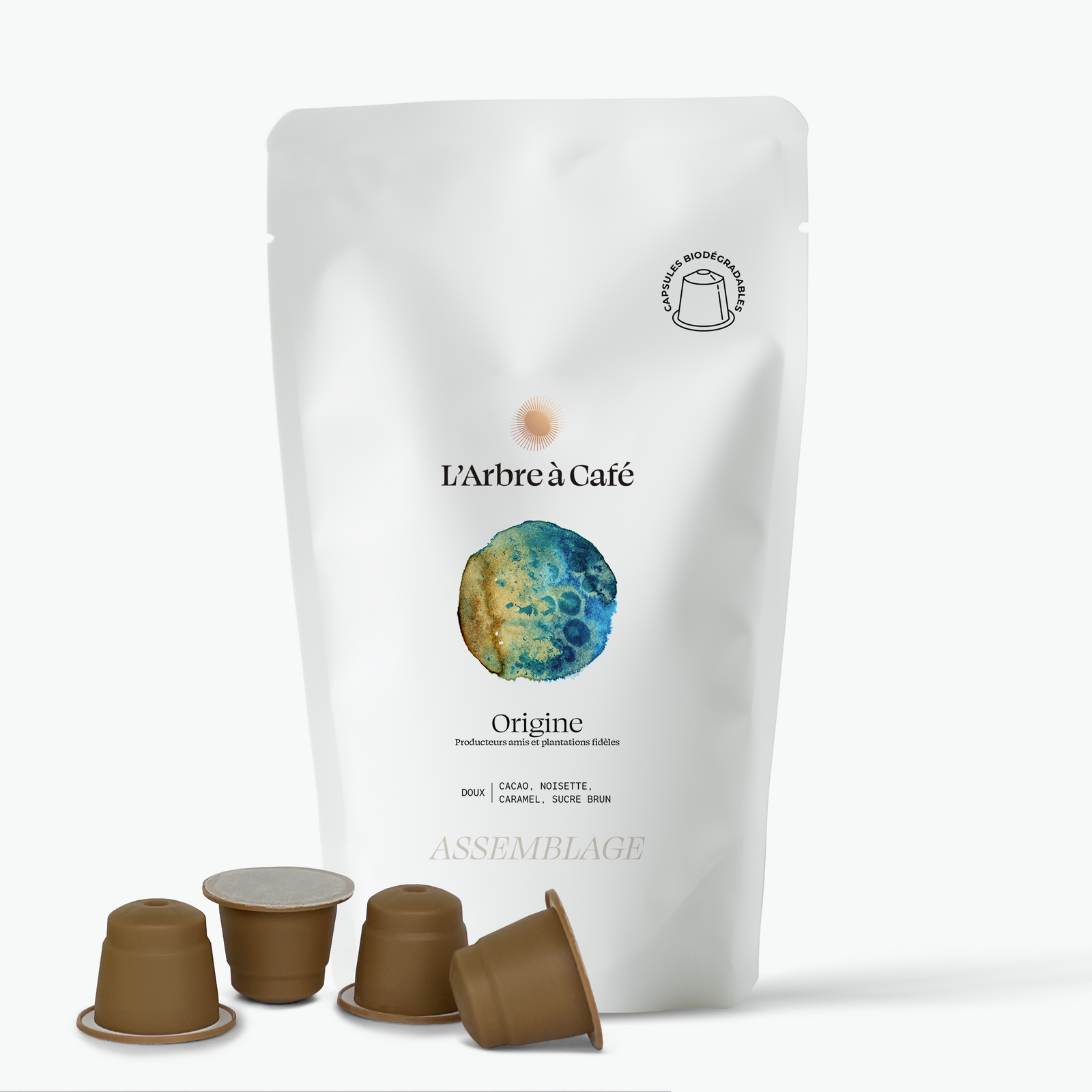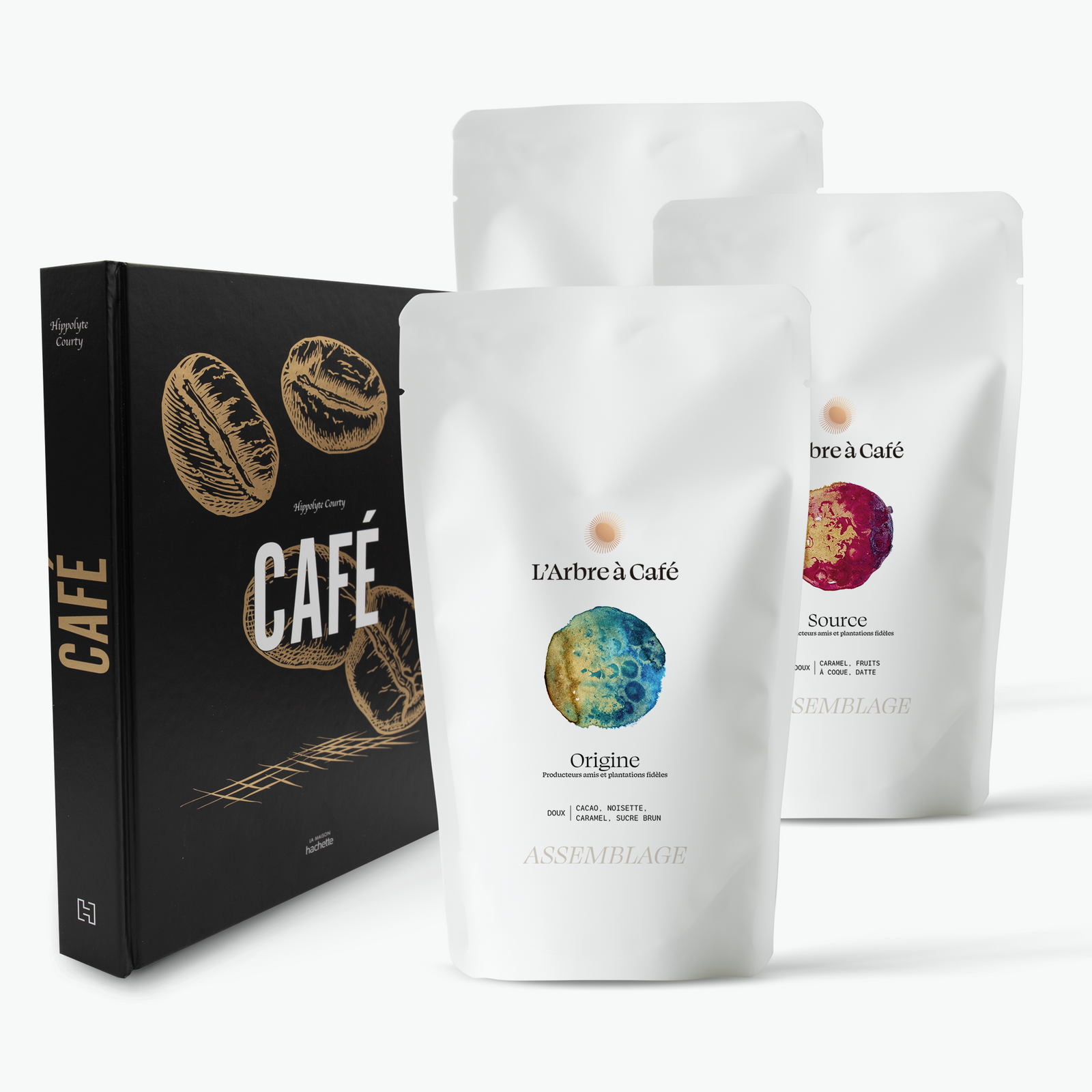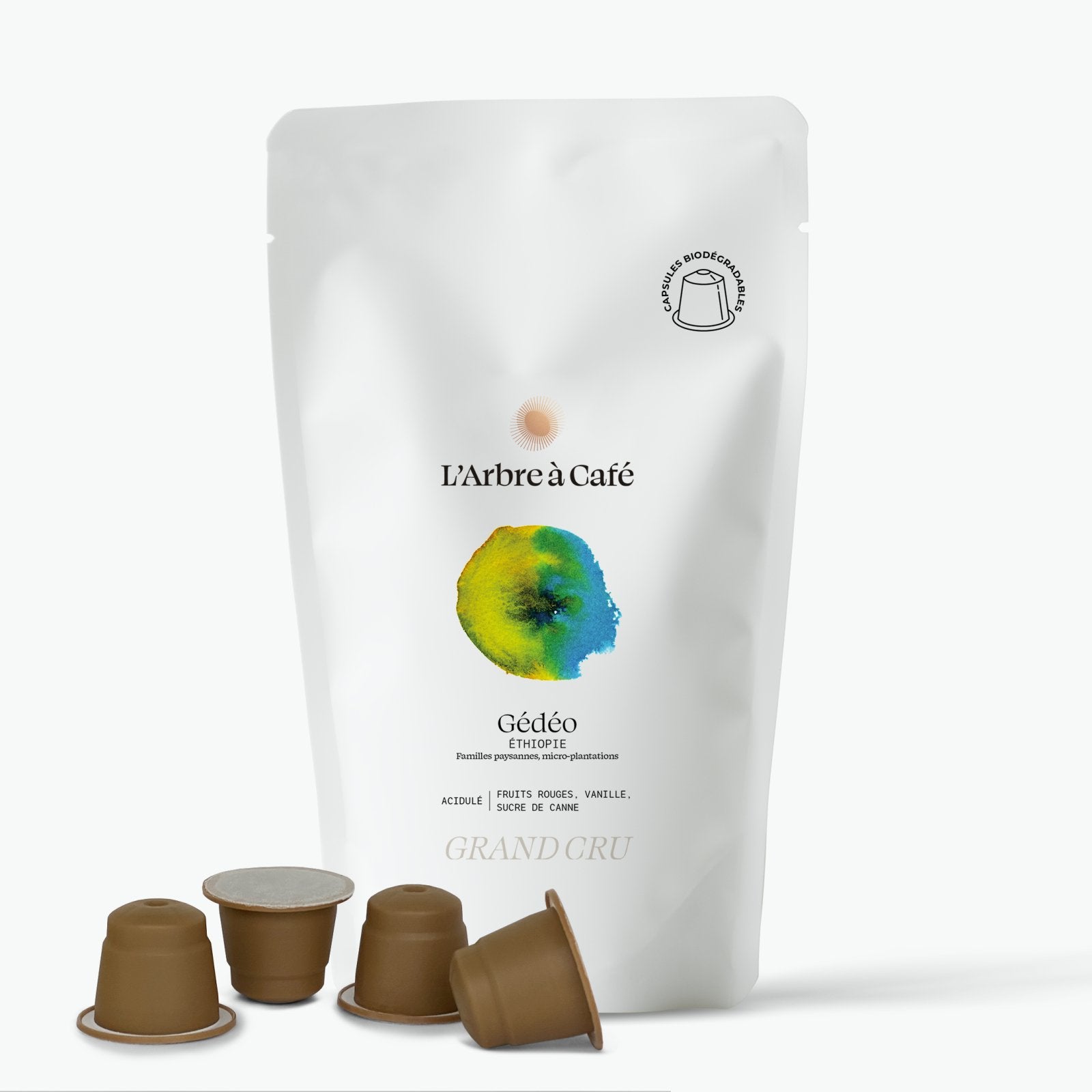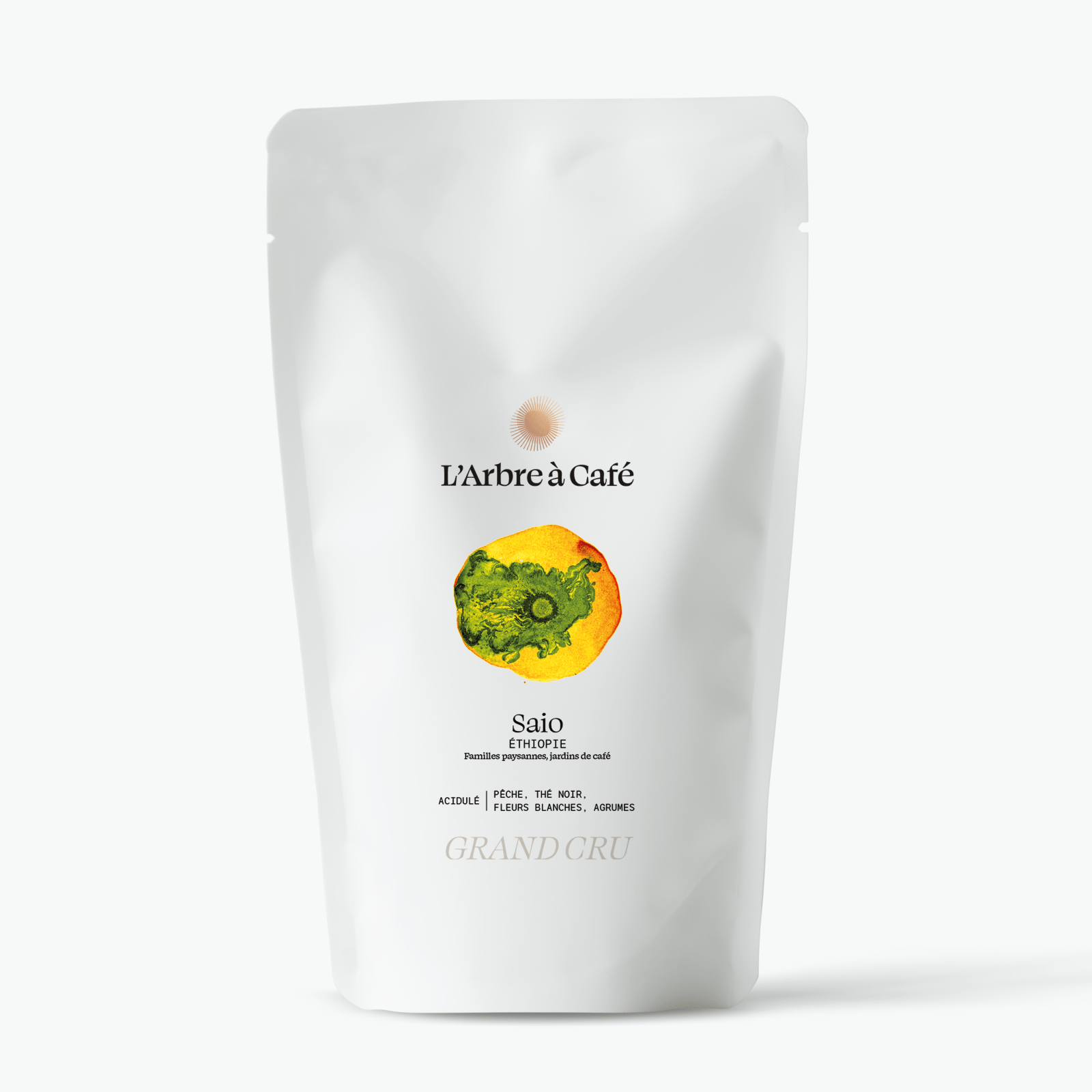HOW TO CHOOSE YOUR ORGANIC COFFEE?
When choosing your organic coffee, here are the 3 main criteria to consider:
- The type of grind you need
- The type of organic label for your coffee
- The price of your organic coffee
Our complete guide to organic coffee.
- If you are looking for organic coffee beans :
Why do coffee experts recommend organic whole bean coffee? Organic coffee beans have several advantages over the ground coffee or coffee pods available in supermarkets.
- If you are looking for organic ground coffee:
Organic ground coffee is probably the most common form of organic coffee. As with traditional soluble coffee, its organic cousin must also be adapted to your machine or to the type of preparation you are going to make. It is therefore imperative to choose the right grind.
- - For espresso machines: your grind for manual or automatic espresso machines should look like fine salt to the eye and feel sufficiently granular.
- - For filter coffee makers: here, your ground organic coffee should have the look and feel of powdered sugar. This is called a medium grind.
- - For plunger coffee makers: To avoid your coffee going through the filter of your plunger coffee maker, the ideal is to use a rather coarse grind, comparable to granulated sugar.
- - For Italian coffee maker: your grind must be thick enough not to go through the filter and fine enough to let the water through, like powdered sugar.
